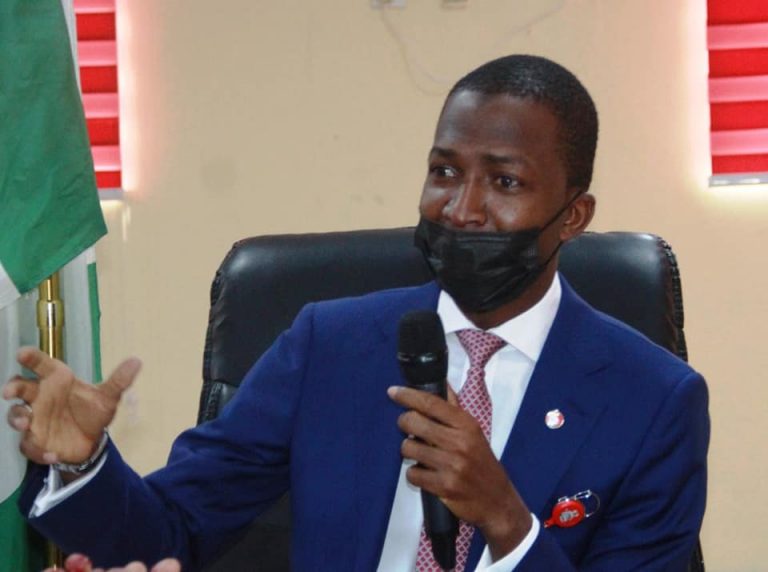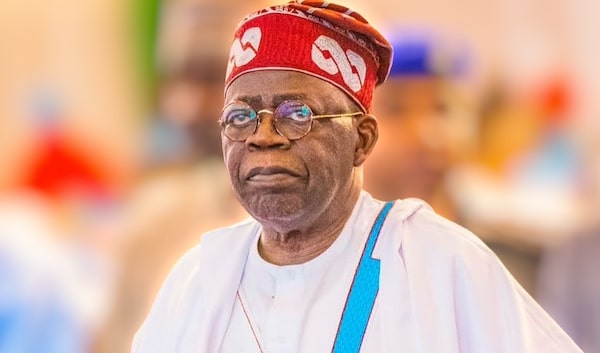An Islamic human rights organization, the Muslim Rights Concern (MURIC), has called on the Department of State Services (DSS) to set the former boss of the Economic and Financial Crimes Commission (EFCC), AbdulRasheed Bawa free or charge him to court.
Making the call on Thursday, 17th August, 2023 was the Executive Director of the Muslim Rights Concern (MURIC), Professor Ishaq Akintola.
The full statement reads:
“Abdul Rasheed Bawa, former chairman of the Economic and Financial Crimes Commission (EFCC), has been in detention since 14th June, 2023 without any explanation whatsoever.
“This is contrary to the letter and spirit of Section 36 of the 1999 Constitution of the Federal Republic of Nigeria, which guarantees fair hearing in compliance with the judicial principle of audi alterem partem (i.e. hear from both sides to a case before taking a decision). Nigerians are yet to hear from the former EFCC boss. Neither have they heard from his lawyers.
“There should be no detention without trial in a democracy. It stands in contra distinction to Section 41 of the 1999 Constitution of the Federal Republic of Nigeria which says inter alia, ‘Every citizen of Nigeria is entitled to move freely throughout Nigeria and to reside in any part thereof.”
“Article 7(b) of the African Charter on Human and Peoples’ Rights also stipulates the right to be presumed innocent until proven guilty by a competent court or tribunal. To that extent, therefore, it must be assumed that Bawa is innocent.
“MURIC demands that he should be set free or brought to court where his charges will be read to him. He should also be allowed to see his lawyer, his personal doctor and key members of his family.
“MURIC demands the enforcement of Allah-given fundamental human rights of AbdulRasheed Bawa. He should be set free or arraigned before a court of competent jurisdiction where he can be granted bail.
“Our vision of Nigeria is that of a land where every man or woman is free from institutional, societal and individual coercion, a land where tyranny, oppression, injustice as well as political and socio-economic marginalization become history.”




